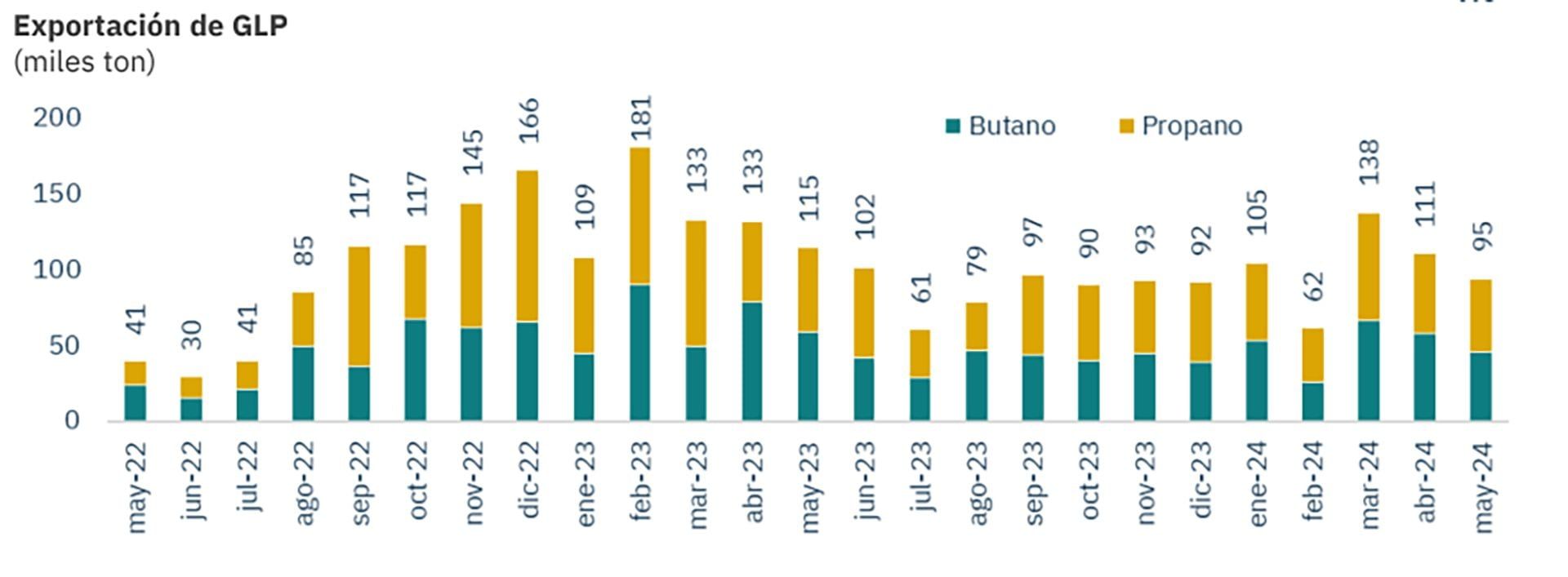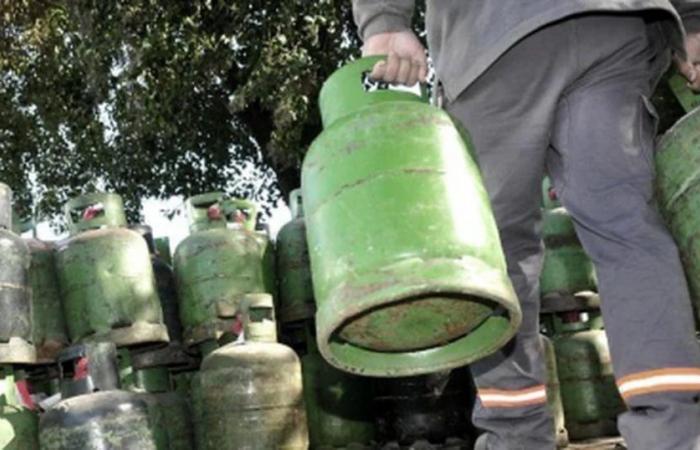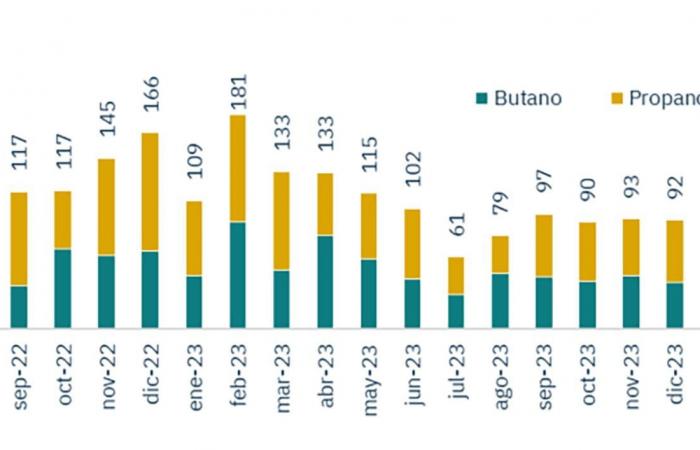Following the passing of the Bases Law and the Fiscal Package that the Chamber of Deputies finally approved during the week, the Liquefied Petroleum Gas (LPG) sector issued a statement in which it stated that it hopes that the laws of supply and demand will now operate in the Energy sector “without further distortions.”
In addition, the sector asked to roll back the so-called PAIS tax, which taxes imports at a rate of 17.5%, “to generate investments and increase the competitiveness” of the economy.
Both the president Javier Milei as the Minister of Economy, Luis Caputohave indicated that the PAIS tax, a key element of the so-called exchange rate “cepo”, is the first tax that the government wants to reduce and, eventually, eliminate, although they did not indicate in what time frame they would do so. It is a tax that has played a key role in sustaining tax collection, weakened by the fall in taxes linked to the level of activity, such as VAT and the check tax. In addition, the government has also said that it intends to reduce export withholdings, another tax that made a strong contribution to public accounts in the first half of the year.
The announcement by the Minister of Economy that he will completely cancel the monetary issue derived from the payment of interest on the “Remunerated Liabilities” (PRs) of Banco Centra “generates certainty and makes it possible for banks to have financing for the private sector and investment” (Cascales, president of Ceglas)
The president of the Argentine Chamber of Liquefied Gas Companies (CEGLA), Pedro Cascalessaid that the approval of the Bases law “marks the beginning of a course that allows for the establishment of a favorable framework to attract large investments, essential for Argentina’s growth in strategic sectors, such as energy, mining and infrastructure.”
Regarding hydrocarbons, the sector said that the new law should put an end to state interventions that distorted the markets.

Regarding last night’s announcement at a press conference by Minister Caputo that the government will maintain a “zero deficit” and completely cancel the monetary emission derived from the payment of interest on the Pases that increase the “Remunerated Liabilities” (PRs) of the Central Bank, the head of Cegla said that this is a decision that “generates certainty and enables banks to have financing for the private sector and investment,” Cascales said, but he hopes that the distorting taxes will soon be eliminated and the PAIS tax will be reverted, in order to generate investments and increase competitiveness.
A report from the consulting firm Economía y Energía, headed by the economist specializing in the energy sector Nicolas Arceoshows that in May domestic sales of LPG by producing companies amounted to 123,000 tonnes, divided roughly equally between propane and butane. This is a volume equal to that of April, but almost 10% below the 136,000 tonnes sold in the same month last year.
The main producers of LPG in gas processing plants were Mega, Transportadora de Gas del Sur, YPF and Compañía General de Combustibles last month.

On the other hand, Argentina’s LPG exports declined for the second consecutive month: they went from 138,000 tons in March to 111,000 tons in April and to 95,000 tons in May, a decline in two months of just over 30 percent.
Both propane and butane prices are well below their respective “export parities.” In the case of propane, the export parity value is $455 per tonne, while the “contract” price is $155. In the case of butane, the difference is even more marked: the “export parity” value is $434 per tonne, while the “contract” price is $112 per tonne.



